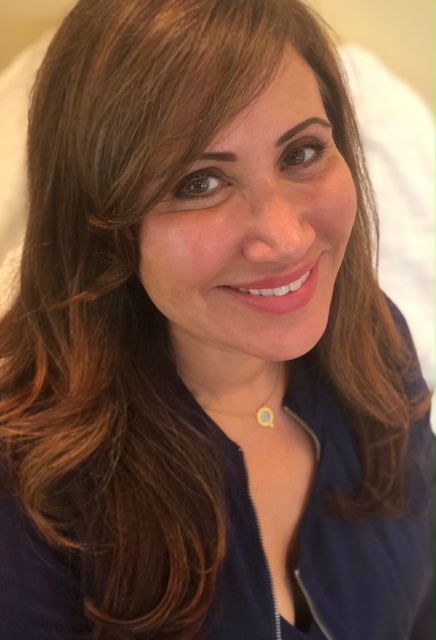Thirteenth International Summer School on Mind, Brain and Education
2018 October 16–20
Migrants and Refugees in the 21st Century: Children in and out of schools
Directors of the School:
Kurt W. Fischer, Antonio M. Battro and Sebastián J. Lipina
Director of the Course: Marcelo Suárez Orozco
Program Officer of the School: Lula Majdalani
UCLA Lab School (USA)
Dr. Lazo earned her Bachelor of Arts in English from the University of California, Irvine and a Masters in Clinical Psychology from Pepperdine University. Dr. Lazo also received a Masters and a Doctorate from the University of California, Los Angeles. She brings with her 28 years of experience as a teacher, counselor, and administrator. She is the founding Principal of the UCLA Community School in Los Angeles which has a focus on civic engagement. In 2011, Dr. Lazo received La Opinion’s Mujer Destacada Award in Education. Mostly recently, Dr. Lazo served as a Director for LAUSD, supervising 15 principals and overseeing curricular and outreach programs for over 10,000 students, including many refugees from Guatemala, El Salvador, Honduras and Mexico. She is also a lecturer in UCLA’s Principal Leadership Institute where she co-teaches a course in democracy and accountability. Currently, Dr. Lazo is Principal of the UCLA Lab School. Outside of work, she enjoys running, traveling, and attending outdoor concerts and sports events.

Serving migrant and refugee children and families
Trust, voice, and agency are central components that are critical for cultivating civically engaged students and families. Active and non-judgmental listening is key for building trust with the refugee student and her family. Supporting them to share their stories, their voice, helps foster confidence to participate in democratic settings. Dr. Lazo will share cases of successful high schools in Los Angeles, California, with the highest numbers of migrant and refugee youth, primarily from Central America. Administrators in the focus schools have a mind-set of “servant leadership” and believe their role is to create support systems that adapt to the needs of the refugee student. They work collaboratively with civic and community partners to leverage resources into the schools and to facilitate direct student and parent voice in decision-making. The school leaders also facilitate peer-support networks to maintain regular school engagement, beyond attendance alone, to develop a sense of agency among the migrant and refugee student and family. They enact their work as servant leaders by fostering school activities to develop students’ self-awareness and identity as participants in civic life. Parents are treated as co-participants in students’ education. They are welcomed to the school community as co-learners with regular opportunities for trainings and workshops that are designed with their voiced needs. The refugee student and family are valued and nurtured by the school community and are seen as active participants in school and civic life.















